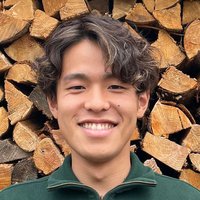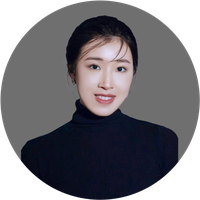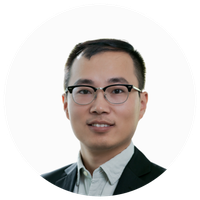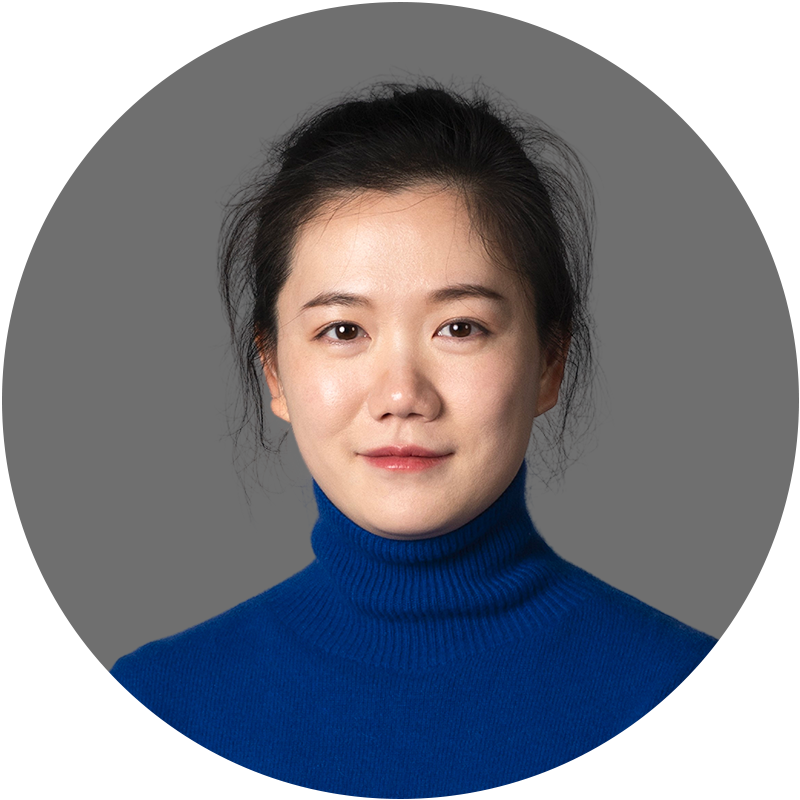Energy & sustainability
Yajie WANG
Developing a couple of novel light-driven cooperative chemoenzymatic systems.

Japan
Yuto Katsuyama
Developing "next-generation batteries" using only earth abundant elements.

Asia Pacific
Yanwei LUM
Revealed the catalyst mechanism to construct carbon-based materials from carbon dioxide and water.

China
Shi CHEN
She built a comprehensive assessment model for Photovoltaic (PV) power based on spatial big data.

Asia Pacific
Gui-Liang XU
Safe and stable rechargeable lithium-ion batteries and beyond.
